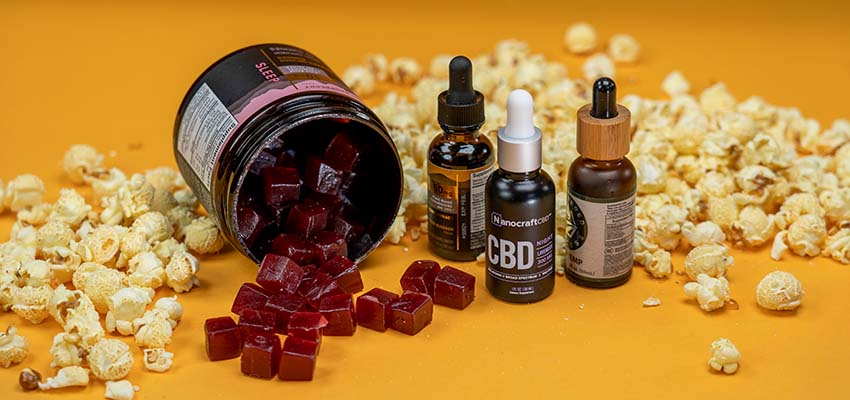Articles
February 02, 2023
Citing too many unknowns, FDA decides against regulating CBD in food, supplements
Adding CBD to food remains illegal.

After reviewing a request to allow the marketing of cannabidiol or “CBD” products as dietary supplements, the Food and Drug Administration (FDA) last week announced that it not only rejected the idea but also decided to not regulate CBD at all. The lack of regulations at this time, however, does not give manufacturers cart blanche.
In the U.S. alone, cannabis industry sales are projected to reach $80B by 2030, according to researchers at the University of Connecticut. Although the marketplace of CBD products and consumer demand for them have seemingly blossomed overnight, much remains unknown about CBD’s health risks.
What scientific evidence exists on CBD, a compound of marijuana, is limited, as is the FDA’s existing food and dietary supplement authorities and risk management resources. Specifically, the FDA noted that it does not have adequate evidence to determine how much CBD can be consumed, and for how long, before causing harm.
In announcing its decision, the FDA did not close the door entirely on regulating CBD. FDA said it will work with Congress to create a new regulatory framework that balances consumer access with appropriate government oversight to manage and minimize risks related to CBD products.
Differences among federal and state laws pertaining to the sale and consumption of CBD are also creating uncertainty among the public.
“CBD derived from cannabis is considered a Schedule 1 substance and is illegal, says Mackenzie Slade, director of Cannabis Public Policy Consulting” Slade in a recent interview with Forbes. The DEA defines Schedule I drugs, substances, or chemicals as those with no currently accepted medical use and a high potential for abuse.
“CBD derived from a hemp source containing less than 0.3% THC by dry weight is not illegal,” notes Slade.
It remains illegal to add CBD to food products.
In the U.S. alone, cannabis industry sales are projected to reach $80B by 2030, according to researchers at the University of Connecticut. Although the marketplace of CBD products and consumer demand for them have seemingly blossomed overnight, much remains unknown about CBD’s health risks.
What scientific evidence exists on CBD, a compound of marijuana, is limited, as is the FDA’s existing food and dietary supplement authorities and risk management resources. Specifically, the FDA noted that it does not have adequate evidence to determine how much CBD can be consumed, and for how long, before causing harm.
In announcing its decision, the FDA did not close the door entirely on regulating CBD. FDA said it will work with Congress to create a new regulatory framework that balances consumer access with appropriate government oversight to manage and minimize risks related to CBD products.
Differences among federal and state laws pertaining to the sale and consumption of CBD are also creating uncertainty among the public.
“CBD derived from cannabis is considered a Schedule 1 substance and is illegal, says Mackenzie Slade, director of Cannabis Public Policy Consulting” Slade in a recent interview with Forbes. The DEA defines Schedule I drugs, substances, or chemicals as those with no currently accepted medical use and a high potential for abuse.
“CBD derived from a hemp source containing less than 0.3% THC by dry weight is not illegal,” notes Slade.
It remains illegal to add CBD to food products.